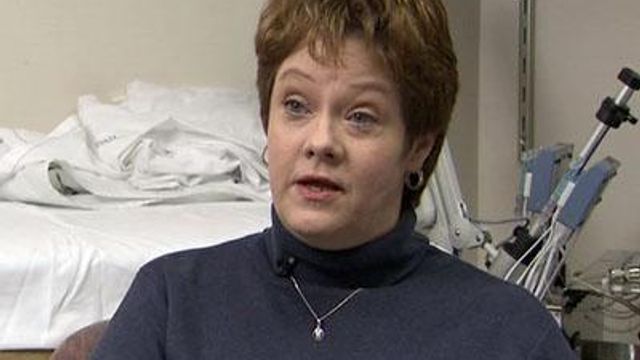Are you at risk of colorectal cancer?
Doctors recommend people start colon cancer screening by age 50. However, a family history of colon cancer means people should think about getting a screening earlier.
Posted — UpdatedNearly 30 years ago, Jane Elliott's father was still a young man when he died from Familial Adenomatous Polyposis (FAP) colorectal cancer. FAP is hereditary, so Elliott was determined to prevent herself from developing it.
So she told herself, “when I turn 40, I will have a colonoscopy – and that was at age 19,” Elliott said.
Eight years ago. Elliott got a colonoscopy. She was 40 years old and learned she had non-cancerous FAP colorectal polyps.
The doctor told me, "you have a 100 percent chance of developing colon cancer if you don't have surgery,” Elliott said.
Mantyh says most people with a significant family history of colorectal cancer should start screening by age 40. But with a FAP family history, screening should start earlier, Mantyh said. The cancer can be detected with genetic testing.
Elliott had a colon resection before cancer developed, and later discovered pre-cancerous cysts on her ovaries. She then had an early tumor removed from her pancreas.
FAP is rare and accounts for only 5 percent of colorectal cancers.
• Credits
Copyright 2024 by Capitol Broadcasting Company. All rights reserved. This material may not be published, broadcast, rewritten or redistributed.





